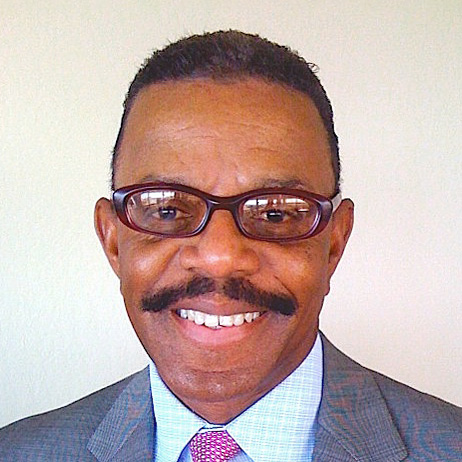The Rev. Jesse Jackson was recently back in the Bay Area and talking tough. But during this trip, the civil-rights legend failed to showcase anything new.
“What we now have is disparity by class and culture,” Jackson told the congregation of Richmond’s Bethlehem Missionary Baptist Church on Jan. 25. “Too few got too much.” In what reporters described as a “rousing talk,” Jackson drew parallels between the voting struggles of the 1960s and the “diversity gap” in boardrooms and at major companies today. He also cited an “opportunity gap” and as Jennifer Baires of this newspapers put it, he “urged people to take the fight to Silicon Valley’s large corporations and others in power.” This is essentially the same line Jackson took last December in Silicon Valley. He dusted off the same old model of “you owe us,” to a group that is committed to attracting the best minds and building success by adding unique value. Jackson’s time would have been better spent in conversation with teachers and educators about updating educator skills and performance criteria rather than reinforcing the existing system based on tenure. Proficiency also deserves attention, and greater responsibility for the educator’s product for the private sector, Silicon Valley in particular. A cutting-edge place like that invites opportunity to gather support and funding of virtual mentoring platforms that target community college and university STEM students. That stands for Science, Technology, Engineering and Math education, and that’s what it takes to succeed in Silicon Valley or any high-tech venue. Instead of a “fight” with Silicon Valley, one could weigh in on the idea of having coding and programming introduced at the early elementary school level of skills and knowledge building. And how about technological proficiency exams for educators and administrators.Of course, that might disturb the teacher unions and those politicians and bureaucrats intent on dumbing-down the curriculum. Jackson doesn’t want to “take the fight” to this crowd. Instead, he targets Silicon Valley entrepreneurs.
He could be focused on emphasizing the importance of funding “intrapreneur” skill building. That is, someone who will work for someone else, but be able to treat their employer’s business like their own. As Richard Florida showed in “The Creative Class,” that kind of collaboration creates an economic unit committed to performance and value building.
Jackson shows little inclination to examine the state of business education in our schools. That includes exposure to for-profit business models, intellectual property creation and commercialization. That’s what drives success and prosperity.
Jackson wants to coerce the successful, not-those who’s policies promote mediocrity and failure. African-Americans who find themselves confused about this message might focus on Roy Clay, the black Godfather of Silicon Valley.
Roy Clay grew up poor in Kinloch, Missouri, which is a neighboring community of Ferguson, Missouri, but believed he could learn to do anything. He majored in math at St. Louis University then moved on to Hewlett-Packard, where he headed a team that created the HP-2116, the world’s first minicomputer. In 2003, Roy Clay was inducted into the Silicon Valley Engineering Council’s Hall of Fame.
Clay didn’t “take his fight” to the street. Roy Clay’s model for inclusion began with being educated and prepared. He knew hard work, determination and creativity would be his ticket to success.
Jackson needs to do more listening and learning from a man like Roy Clay, so he can more effectively lead his followers.







